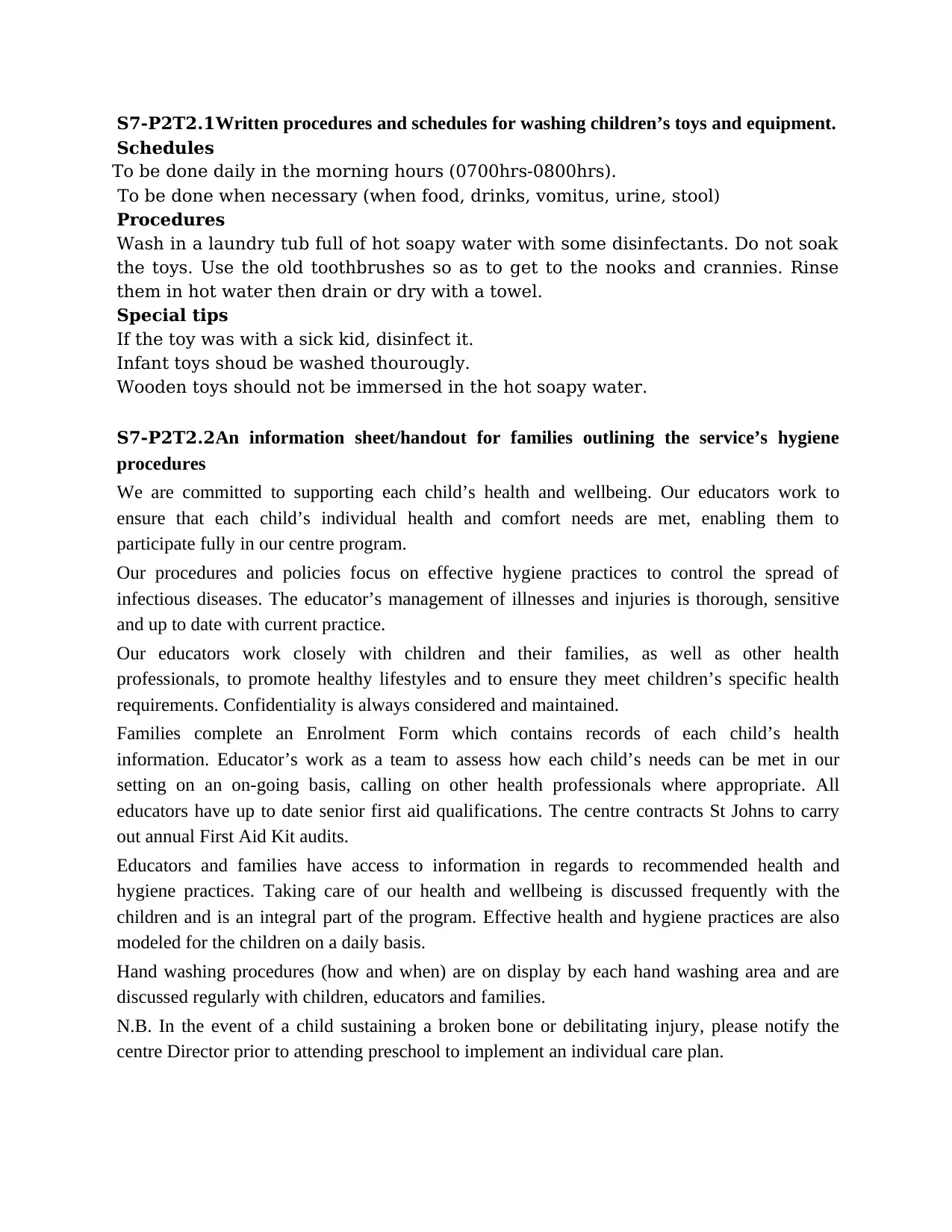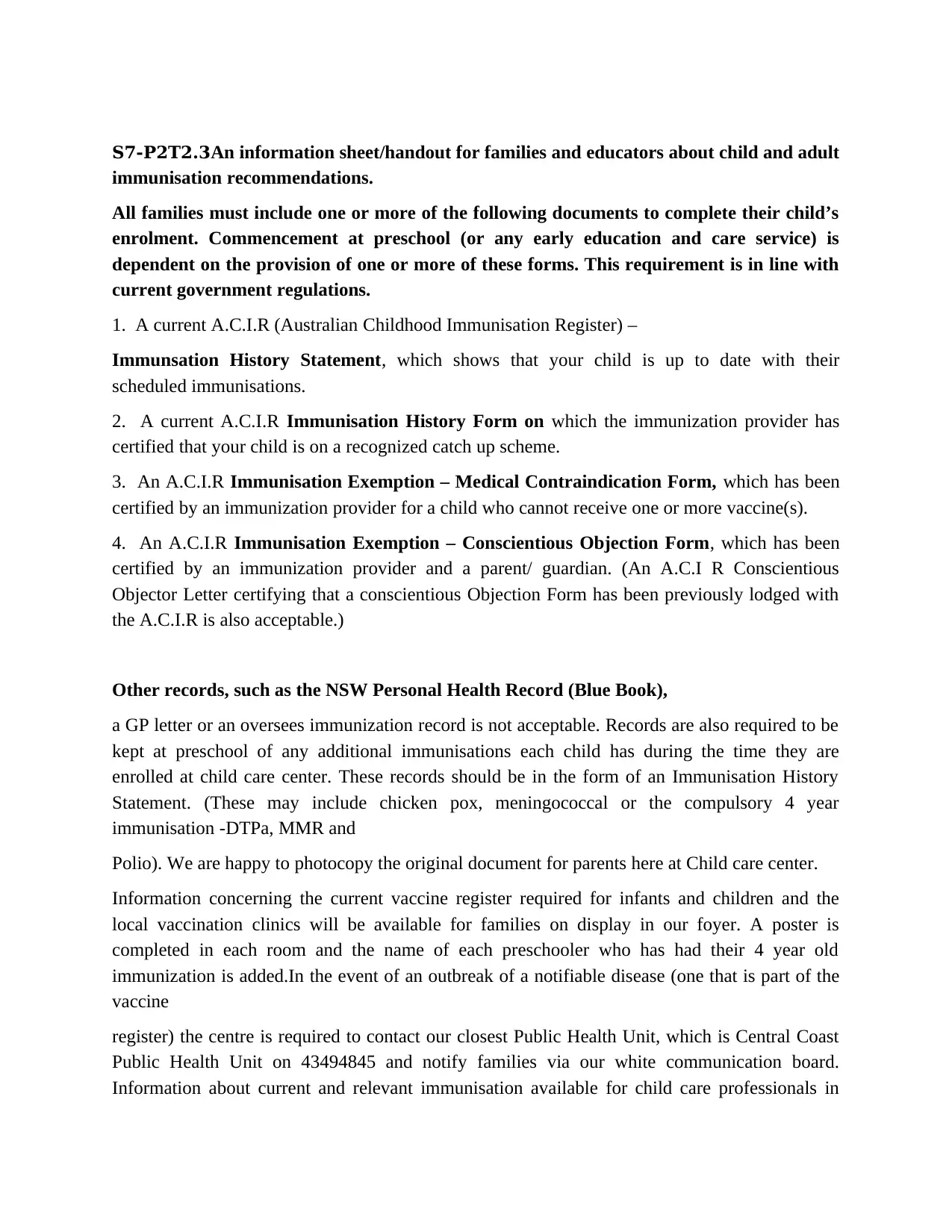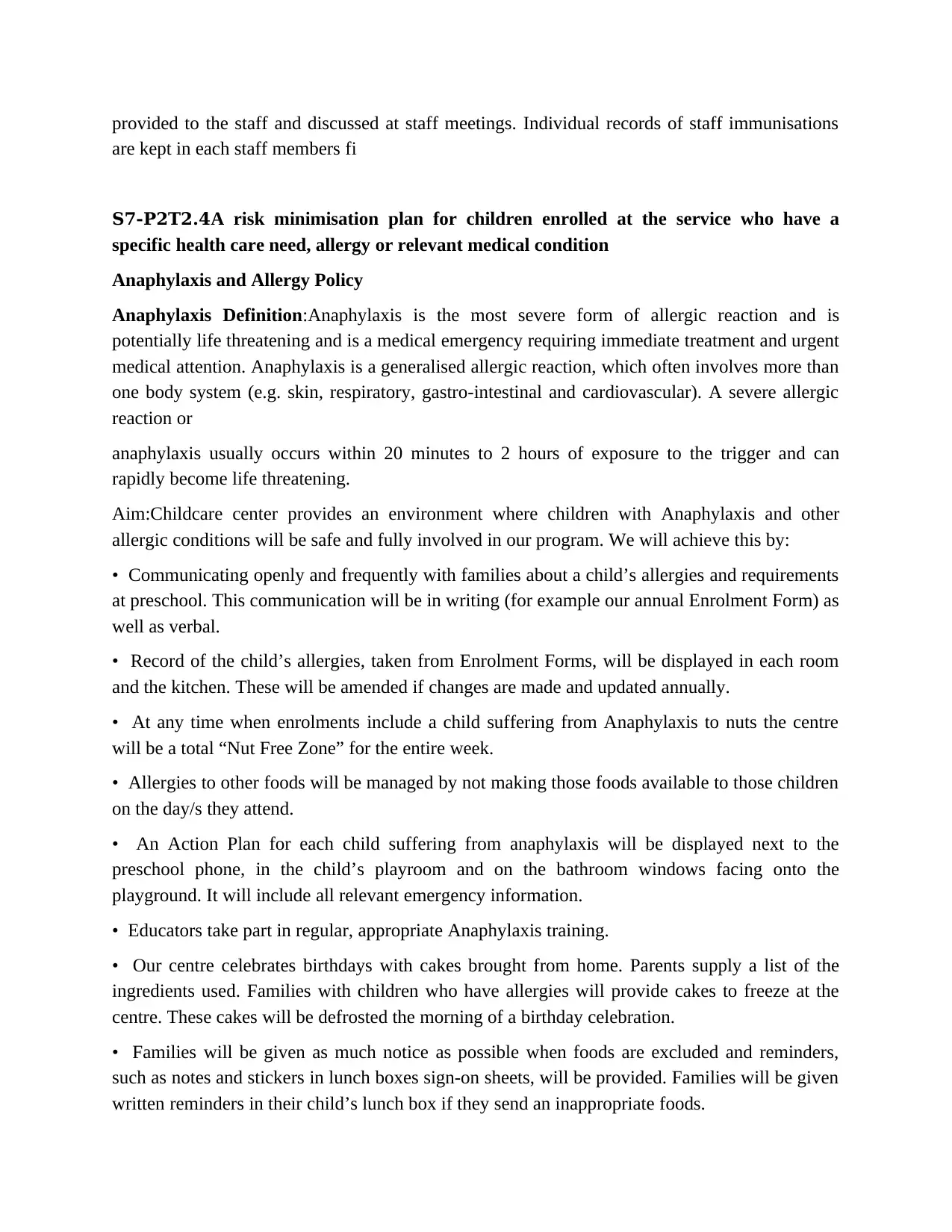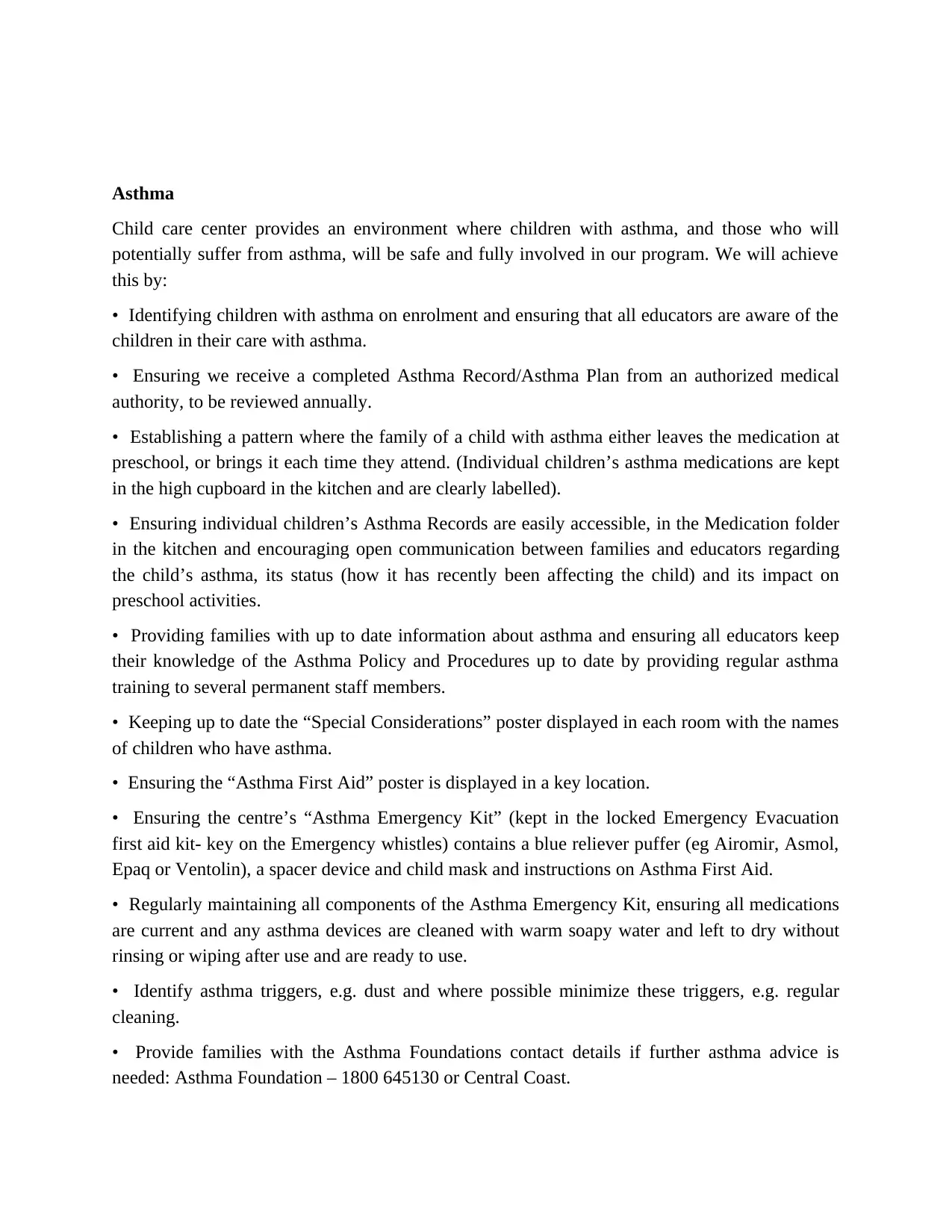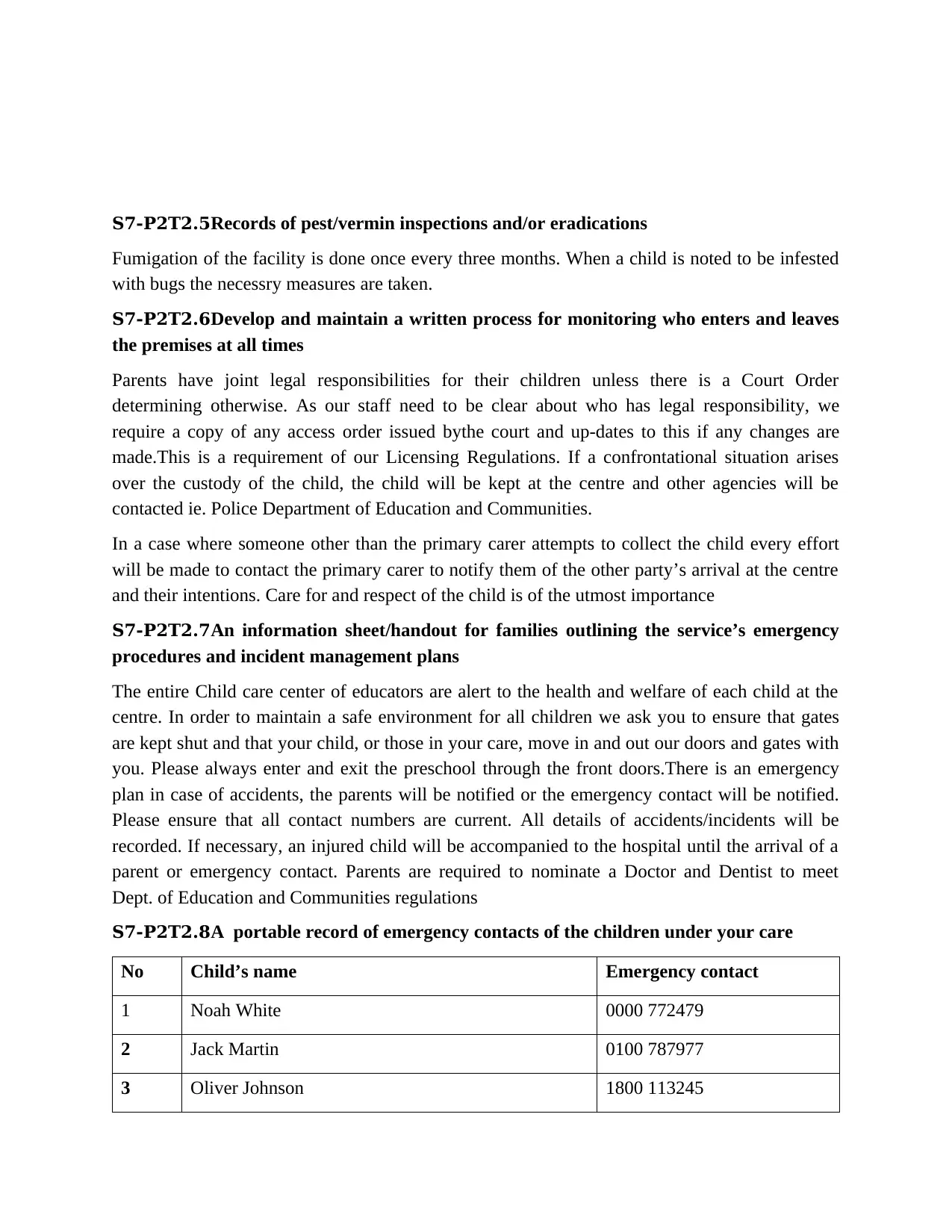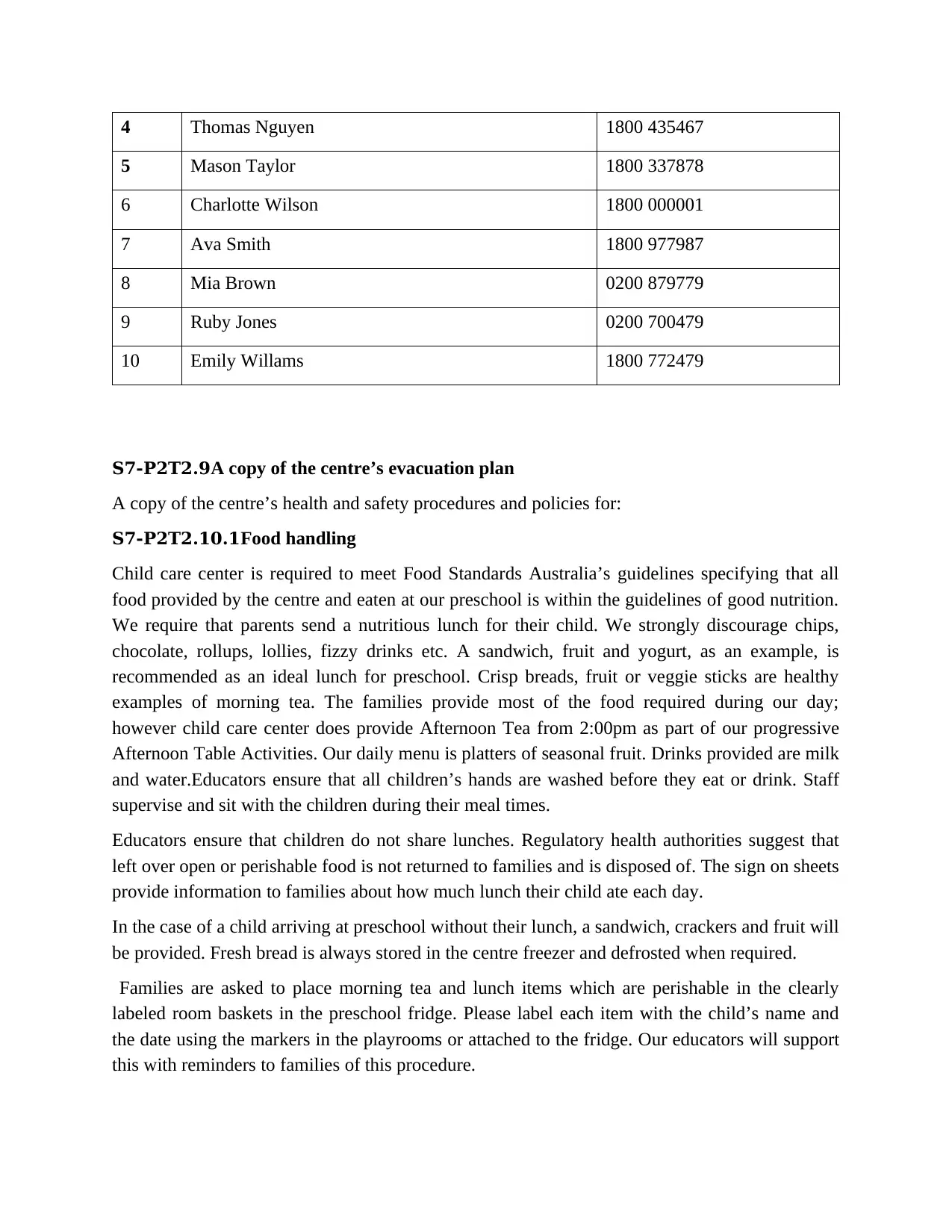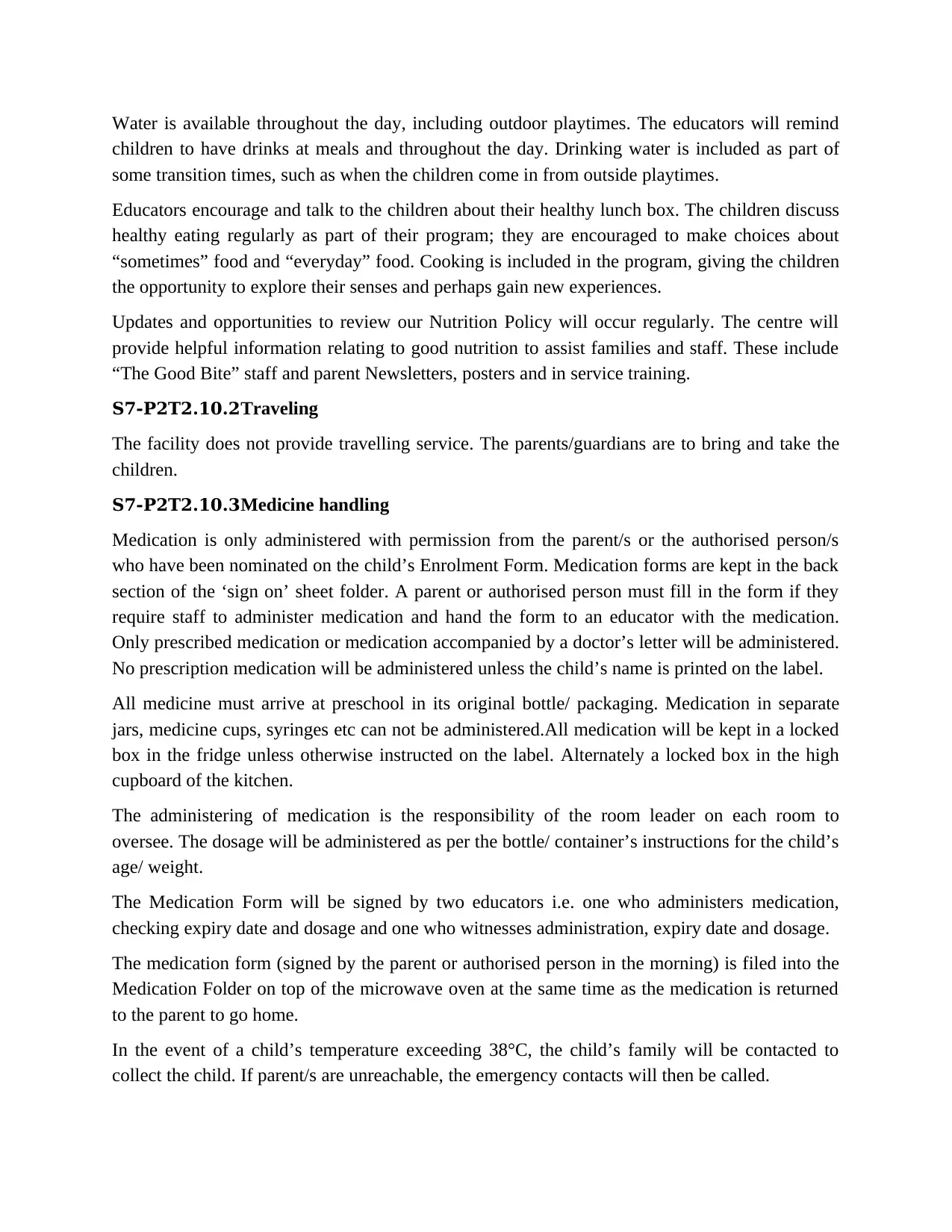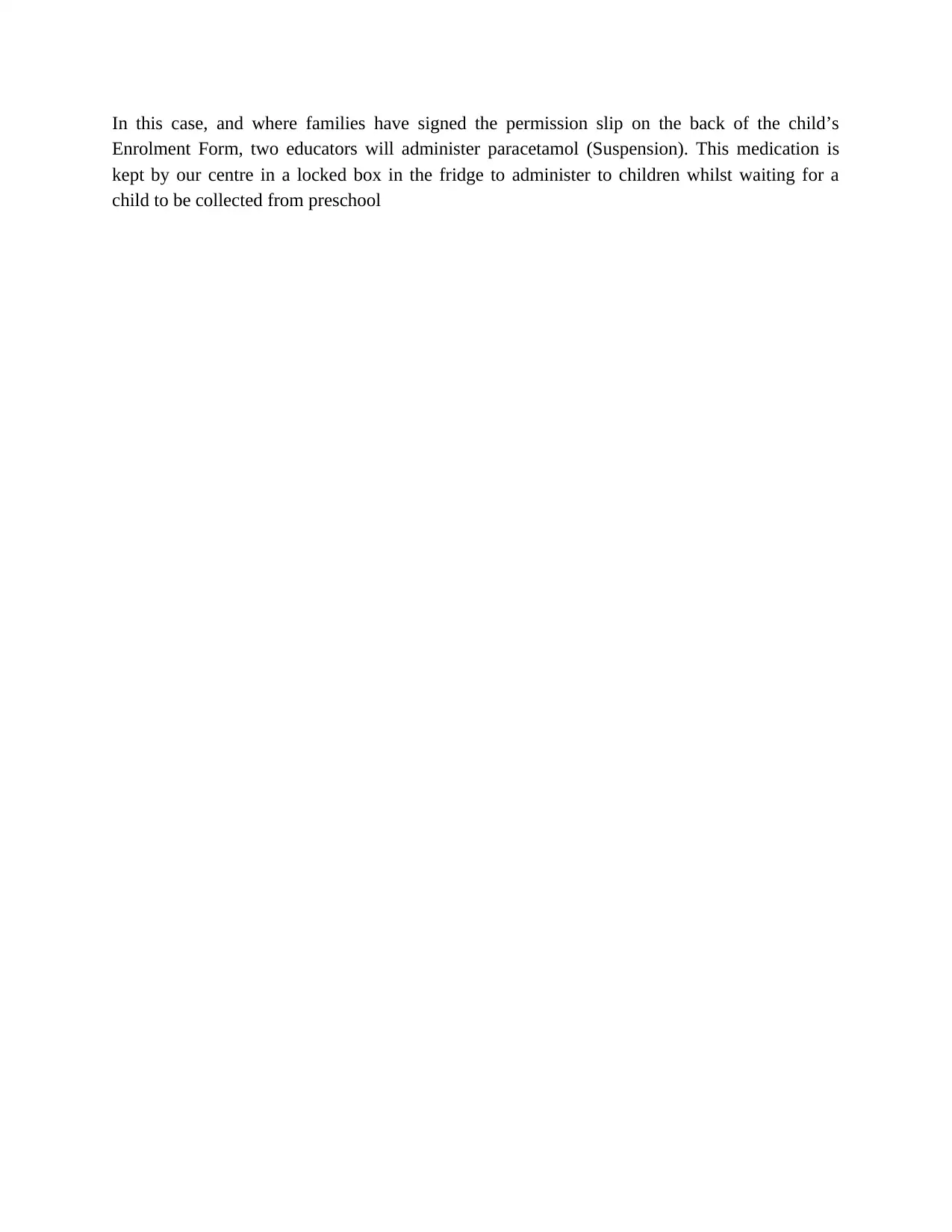This article provides information on the hygiene procedures, immunisation recommendations, risk minimisation plan, and emergency procedures for child care center. It includes schedules and procedures for washing children's toys, information sheet for families outlining the service's hygiene procedures, child and adult immunisation recommendations, risk minimisation plan for children with specific health care needs, allergy or relevant medical condition, records of pest/vermin inspections and/or eradications, process for monitoring who enters and leaves the premises, portable record of emergency contacts of the children under your care, and a copy of the centre's evacuation plan. It also covers food handling procedures and policies for child care center.
![[object Object]](/_next/static/media/star-bottom.7253800d.svg)
![[object Object]](/_next/static/media/star-bottom.7253800d.svg)
